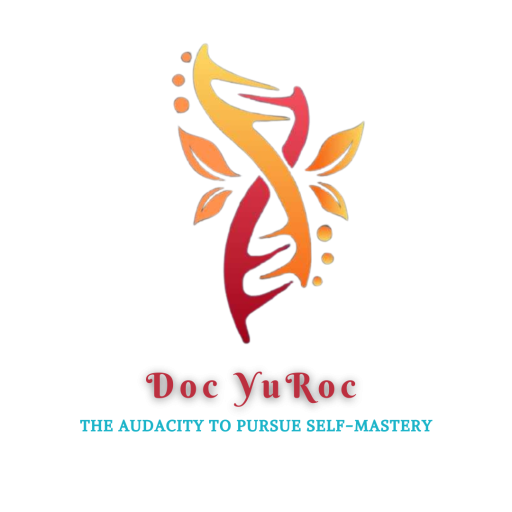
Academia has long ignored or misrepresented kink and BDSM, reinforcing stigma instead of expanding understanding. For too long, research has either pathologized these practices or treated them as a curiosity rather than a legitimate area of study. This does not just impact researchers and scholars; it affects therapists, educators, policymakers, and, most importantly, the people engaging in these practices who deserve to have their experiences understood with accuracy, depth, and respect.
The Gatekeeping of Knowledge
Kink research is often gatekept, restricted in scope, blocked from publication, or dismissed as unworthy of serious academic inquiry. Meanwhile, those with real-world experience—educators, therapists, and practitioners—are often excluded from these conversations despite offering critical knowledge that could benefit both academic discourse and direct community support.
When kink is discussed in academic spaces, it is often within frameworks of pathology, abuse, or risk rather than through lenses of autonomy, empowerment, and therapeutic potential. These outdated approaches harm not only those practicing kink but also the professionals working to provide ethical and informed care. Without inclusive, unbiased research, clinicians lack the necessary resources to support clients who engage in BDSM, and kink remains misunderstood and misrepresented in both therapeutic and legal systems.
Bridging the Gap Between Academia and Practice
Academic research is essential but not the only form of valuable knowledge. Lived experience, practitioner insights, case studies, and community-based wisdom are just as crucial. Kink educators, professional dominants, and therapists working directly with BDSM-practicing clients bring perspectives that cannot be captured in purely academic settings. Yet, their contributions are often dismissed as “anecdotal” or “unscientific” despite the depth of expertise they hold.
This is why we need more than just research. We need accessible, community-informed, and practically applicable knowledge. We need articles that provide actionable guidance for clinicians, educators, and practitioners. We need case studies that show real-world applications of kink-aware therapy. We need personal narratives that offer insight into BDSM dynamics from those who live them.
A Space for Change: The Journal of Kink and Community
This is where The Journal of Kink and Community comes in. We are creating a space where academic rigor meets real-world experience, research is informed by practice, and where the people who engage in kink are not just subjects of study but active contributors to the discourse.
We invite submissions from researchers, clinicians, educators, and practitioners who want to expand the conversation in meaningful ways. Whether through peer-reviewed studies, practical guides, case studies, or personal reflections, we are committed to breaking down the barriers that have long kept kink knowledge locked behind institutional walls.
The study of kink should not be confined to academic journals that few can access. It should be shaped by those who live and work within these communities, ensuring that knowledge is not just theoretical but also practical, ethical, and transformative.
Are you ready to contribute to this shift? We welcome your submissions. Let’s build a body of work that reflects the richness, complexity, and real-world implications of kink and BDSM.
Submit HERE!

Recent Comments